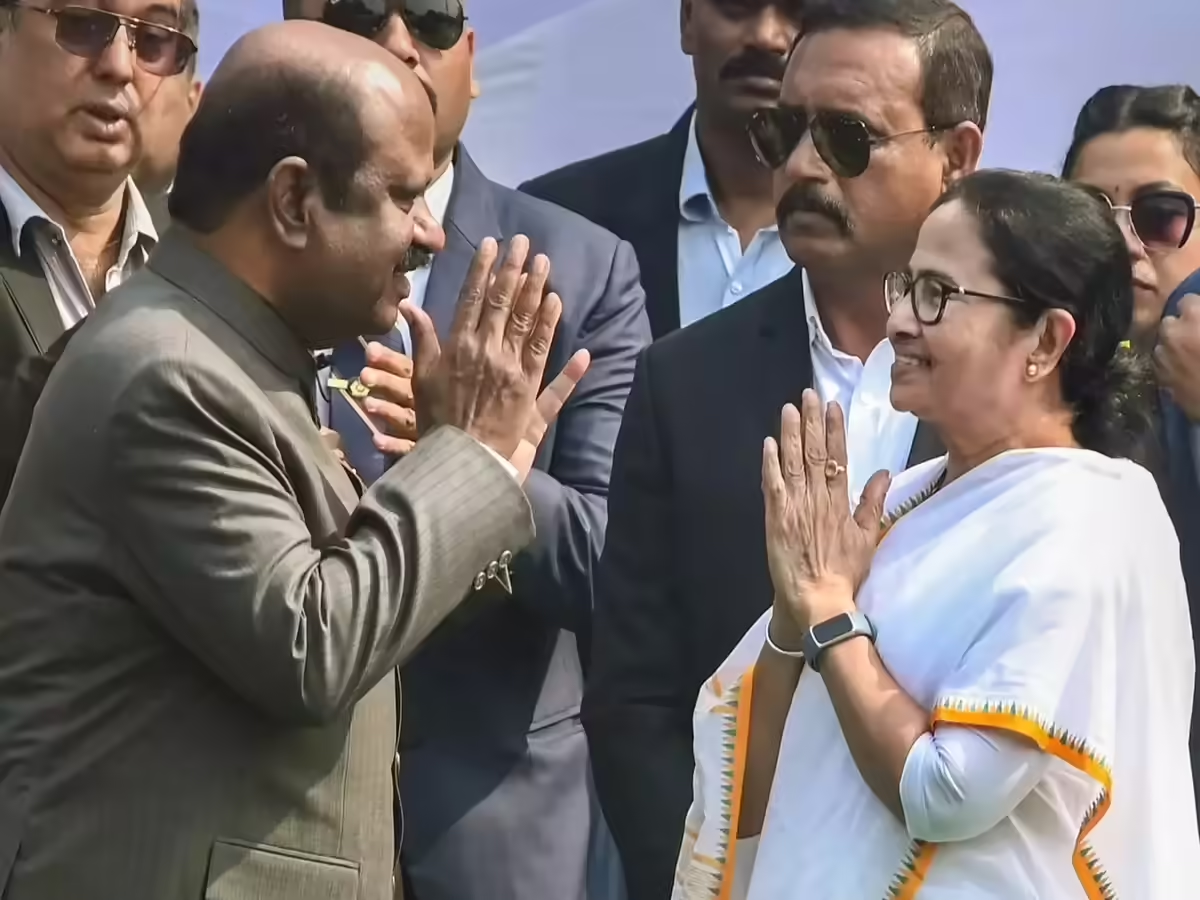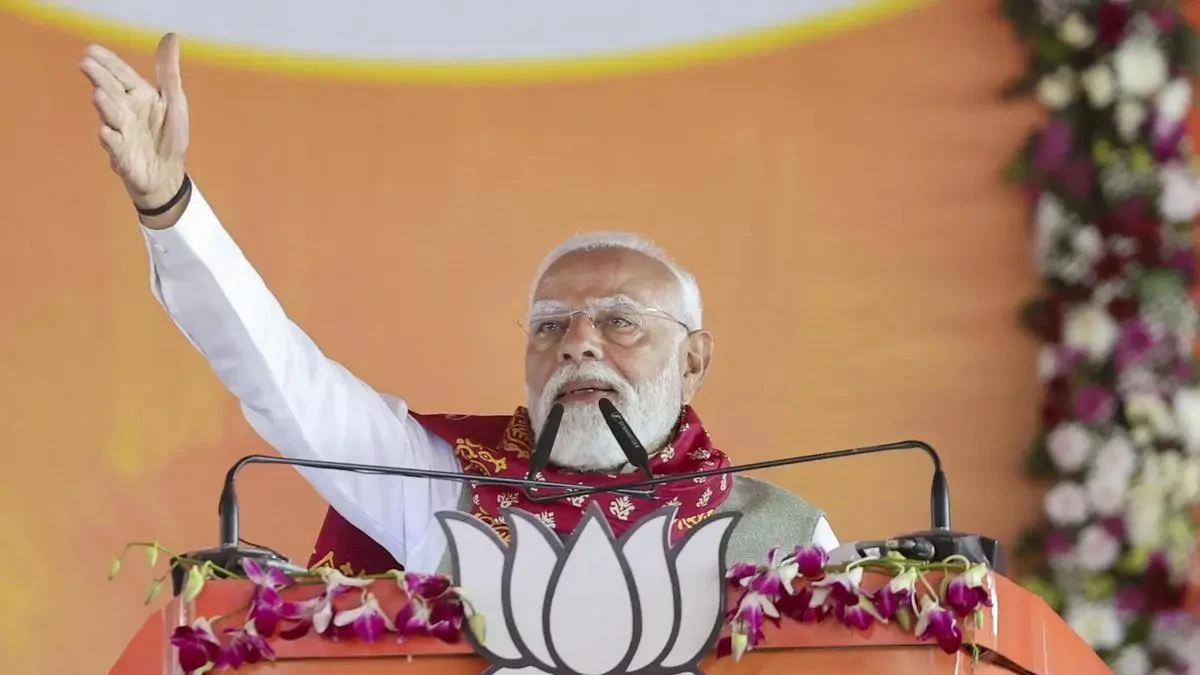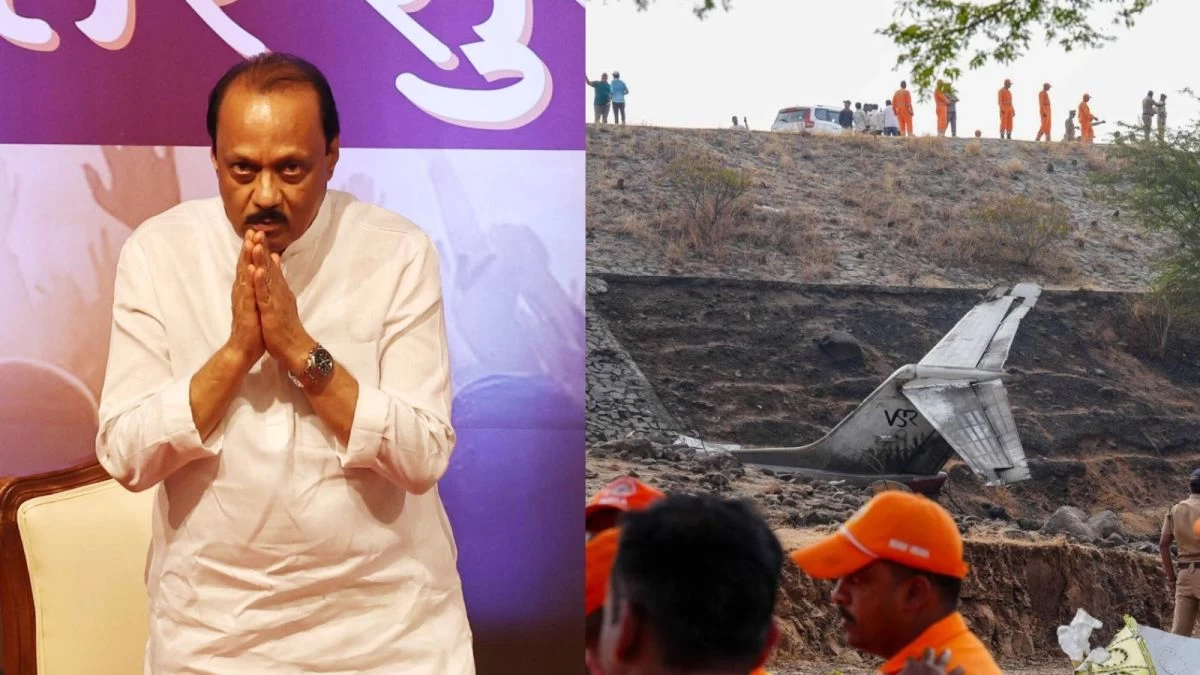AIMIM chief Asaduddin Owaisi on Saturday filed a petition with the Supreme Court challenging the implementation of the Citizenship (Amendment) Act, 2019, along with its accompanying Rules, as announced by the central government. In his plea, Owaisi has argued that the government cannot consider or proceed with any applications for citizenship status under Section 6B of the amended Citizenship Act of 1955 while the legal proceedings are ongoing.
The Supreme Court on Friday agreed to hear several petitions requesting a stay on the implementation of the Citizenship Amendment Act rules. Chief Justice DY Chandrachud and Justices J B Pardiwala and Manoj Misra granted an urgent listing following a request by Senior Advocate Kapil Sibal. Sibal argued that while the top court had not suspended the law's validity during the 2019 hearing, the government's recent issuance of rules just before elections presents concerns as it could result in irreversible citizenship grants.
The Indian Union of Muslim League (IUML) has also moved the Supreme Court to suspend the Citizenship Amendment Act (CAA) and its associated rules, while the Democratic Youth Federation of India (DYFI) has filed a separate petition. Additionally, more than 200 interconnected petitions have been lodged in the Supreme Court since 2019 contesting various aspects of the Citizenship Amendment Act (CAA).
The Home Ministry on March 11 officially announced the implementation of the Citizenship Amendment Act, facilitating the expedited granting of citizenship to refugees from designated religious minorities from neighbouring nations. The CAA primarily targets providing citizenship to Hindus, Buddhists, Sikhs, Parsis, Jains, and Christians who fled religious persecution in Pakistan, Bangladesh, and Afghanistan before December 31, 2014. The Ministry of Home Affairs has also launched a mobile app to facilitate the registration process.







